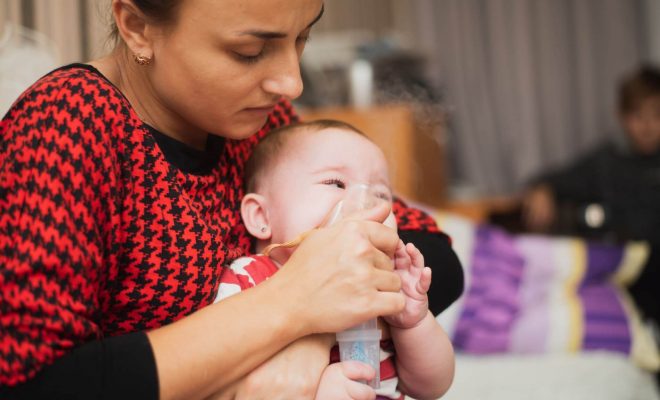
Chester Community Asthma Prevention Program
The CAPP program provides direct intervention for families to reduce childhood asthma in Chester, PA.

Prescriptions for Prevention Program
This program screens patients for environmental risks and automatically provides them and their healthcare providers with printed counseling materials.

Pilot Project Funding
Funding for researchers and nonprofit organizations for innovative children’s environmental health research and implementing that research in the community.
Webinars for Childcare Providers
Videos specifically for childcare centers and schools on environmental health topics.

Teachers Institute of Philadelphia Environmental Health Curriculum
Teacher training to develop curriculum on environmental health topics.
Philadelphia Community Asthma Prevention Program
The Philly CAPP program provides direct intervention for families to reduce childhood asthma in the city of Philadelphia.

Regional Consultations on Environmental Health
Consultations for clinicians caring for patients with lead poisoning and environmental health issues
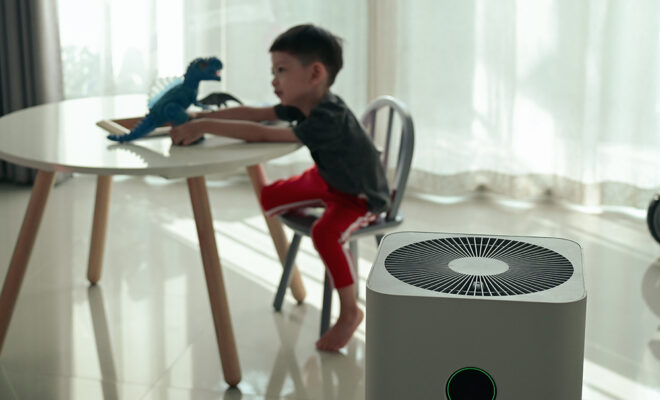
Certified Air Purifiers
Deciding which air purifier to purchase? This website hosts a list of air purifiers that have been tested by this voluntary non-profit, AHAM Verifide. Input your room size and find the air purifiers that would be the right size for your room and are certified to achieve a certain Clean Air Delivery Rate (CADR). The CADR should be at least 2/3 the square footage of the room.

Pediatric Environmental Health Toolkit (PEHT)
This toolkit is for clinicians to be able to provide simple, evidenced-based steps to families on how to reduce toxic exposures in their daily lives.
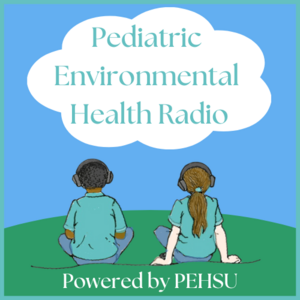
Pediatric Environmental Health Podcast
The Pediatric Environmental Health Specialty Units (PEHSUs) launched a new podcast, Pediatric Environmental Health Radio. It provides information through conversations with experts within the PEHSU network.
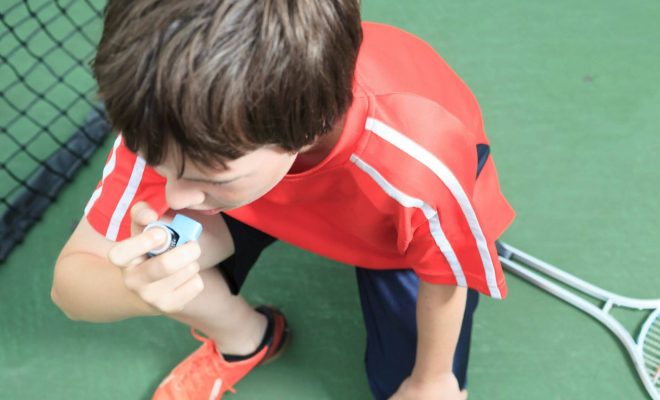
Back to School Checklist for Families of Children with Asthma
A comprehensive list on managing your child’s asthma in the school setting.
HEPA filters for Philly Schools and Early Childhood Education Centers
A new program of the Philadelphia Department of Public Health will provide air purifiers to local schools and early childhood education center at no cost.
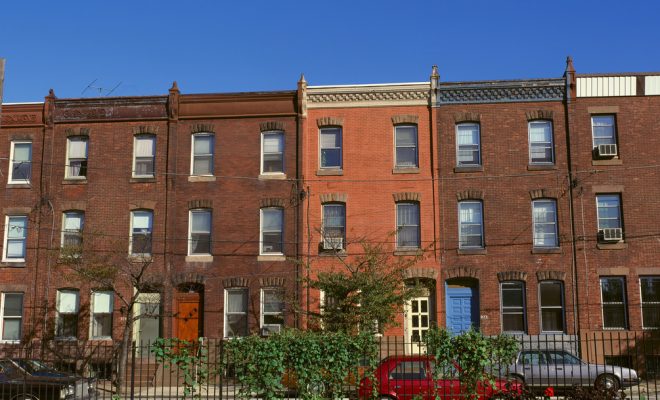
Built to Last
Built to Last includes critical home repairs, health and safety improvements, and energy efficiency and rooftop solar to lower utility costs. Clients must qualify under eligibility criteria.
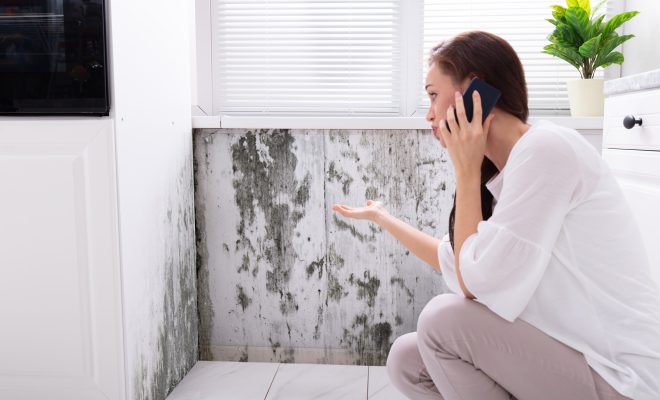
Report Mold Growth in Philadelphia
If you are a tenant and see mold growth in your home, you can report this to the city by calling 311.
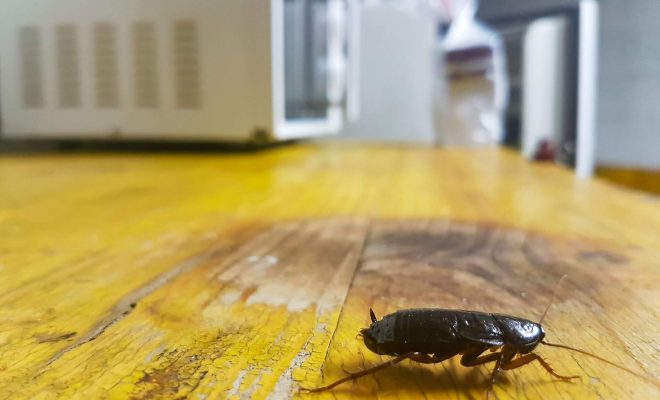
Safer Pest Management
Beyond Pesticides provides information on the least toxic ways to deal with pests.

Children and Outdoor Pollution
Help improve children’s overall health by talking to them about air quality and limiting their outdoor activities on Code Orange and Red air quality days.
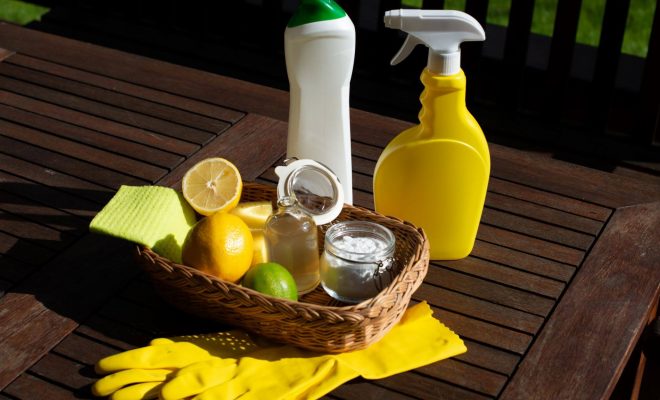
Design for the Environment Disinfectant Label
The Design for the Environment (DfE) label helps consumers and purchasers find safer antimicrobial products, like disinfectants and cleaners.

How Indoor Air Quality Impacts Health Video
Video to see how indoor air quality impacts health and view recommendations on maintaining good air quality at home.

Pennsylvania Health Action Network
In need of health insurance for you or your child? PHAN’s free helpline provides assistance in understanding, applying for and enrolling in health coverage.

Workshops and Continuing Education for Researchers
To enhance basic research skills that pertain to children’s environmental health, we will strongly encourage early-stage investigators and researchers to enroll in workshops and continuing education courses.

Pollen Count Forecast
This Pollen Tracker will help you and your family know when to stay indoors to decrease symptoms from allergies.
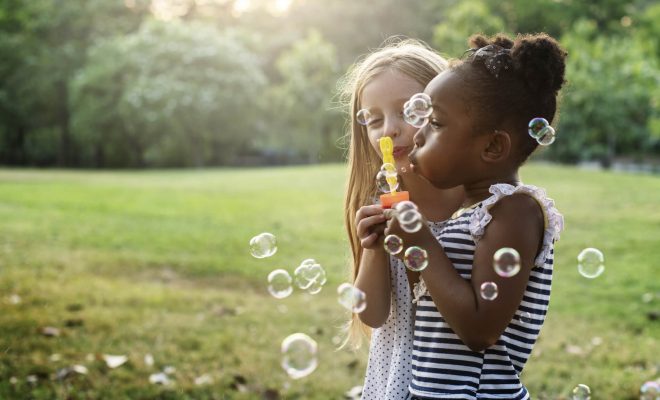
Air Fresheners Low in Volatile Organic Compounds
Air Fresheners can be sources of toxic chemicals in your home. Use this database to identify the least toxic air fresheners you can use to keep your home asthma and allergy friendly!

Volatile Organic Compounds in your Home
Where can volatile organic chemicals be found in your home? Find out where they are and how to lower your family’s exposure.

Hazardous Waste Sites Near You
Use the map linked on the webpage to identify current and past hazardous waste cleanup sites in your community.
